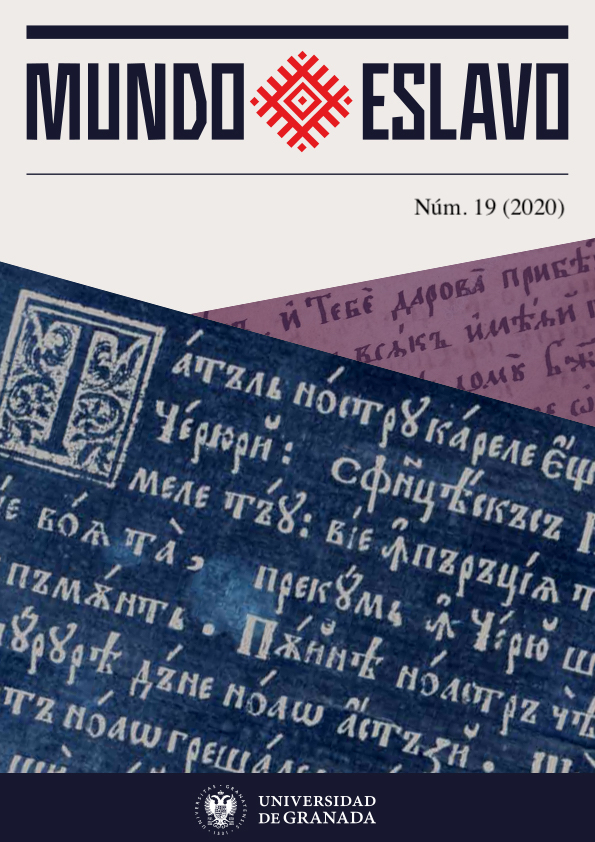Linguistic situation in Donetsk educational space at the beginning of the XXI century
Abstract
Mass bilingualism, deformation of the language situation can be a prerequisite for the loss of social consolidation. That is why the study of the language situation in Ukraine and its individual regions, finding out the factors influencing the formation of speech behavior of the individual in the conditions of bilingualism is an important and relevant direction of modern Ukrainian sociolinguistics. The article is devoted to the study of the language situation in higher education institutions in eastern Ukraine. The purpose of the study is to carry out a comprehensive analysis of the language situation in educational institutions of Donetsk region, to trace intra – language deformations caused by the influence of the Russian language on the Ukrainian one, and to characterize the role of education in the national consolidation of Ukraine. The aim of the work provides for solving the following tasks: 1) to determine the main approaches to the interpretation of bilingualism in linguistics; 2) to study socio-political and demographic factors of the development of bilingualism in the territory of Donetsk region; 3) trace the role of education in the national consolidation of Ukraine. The object of research is the language situation in the field of Education in the Donetsk region, the functioning of the Ukrainian language in the situation of Ukrainian-Russian bilingualism. The subject of the research is the state of real use of the Ukrainian language in the educational space of the Donetsk region and trends in the development of a deformed language situation in educational institutions of the Donetsk region at the beginning of the XXI century.
Attention is paid to highlighting the results of a sociological study, the main task of which is to determine trends in the development of bilingualism in the field of Education. The patterns of functioning of the Ukrainian language among young people have been analyzed. We have developed a questionnaire in which, in addition to the passport part and questions on which you can get information about the language situation in higher education institutions, you are invited to submit your own comments on the mandatory use of the Ukrainian language by teachers and students. The material for the study is the results of a survey conducted by us. The respondents were students of I-IV courses, teachers of Donbass State Pedagogical University – 116 people, Mariupol State University – 155 people, Gorlovka Institute for Foreign Languages – 178 people, and Donetsk National Technical University - 127 people. The total number of questionnaires is 576. The article focuses on the preliminary results of the study.
Downloads
Downloads
Published
How to Cite
Issue
Section
License

CC BY-SA: This license allows reusers to distribute, remix, adapt, and build upon the material in any medium or format, so long as attribution is given to the creator. The license allows for commercial use. If you remix, adapt, or build upon the material, you must license the modified material under identical terms.
CC BY-SA includes the following elements:
BY ![]() – Credit must be given to the creator
– Credit must be given to the creator
SA ![]() – Adaptations must be shared under the same terms
– Adaptations must be shared under the same terms
Authors who publish with this journal agree to the following terms:
1. Authors retain copyright and grant the journal right of first publication with the work simultaneously licensed under a Creative Commons Attribution License that allows others to share the work with an acknowledgement of the work's authorship and initial publication in this journal.
2. Authors are able to enter into separate, additional contractual arrangements for the non-exclusive distribution of the journal's published version of the work (e.g., post it to an institutional repository or publish it in a book), with an acknowledgement of its initial publication in this journal.
3. Authors are permitted and encouraged to post their work online (e.g., in institutional repositories or on their website) prior to and during the submission process, as it can lead to productive exchanges, as well as earlier and greater citation of published work (See The Effect of Open Access).













